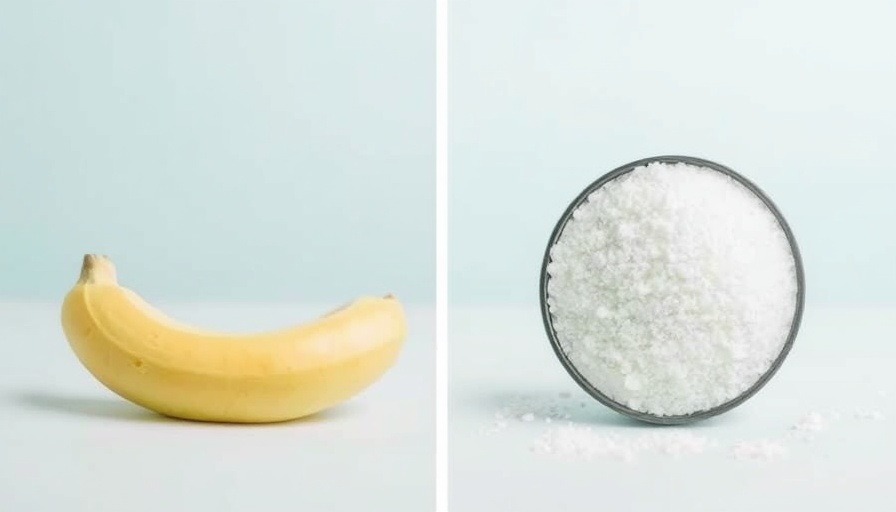
Understanding Sodium: A Nutrient Under Scrutiny
Sodium is often at the center of health discussions, with many questioning its role in our diets. In Pearl City, Hawaii, where health and fitness are increasingly prioritized, it’s crucial to have clarity on how sodium affects our well-being. While some sources warn of its dangers, others argue for its necessity. So, what’s the truth?
The Essential Role of Sodium
Sodium plays an essential role in maintaining bodily functions. It helps regulate blood pressure, fluid balance, and nerve communications. Many experts agree that while excessive sodium intake can lead to health issues like hypertension, a certain amount is necessary for a healthy body. According to the American Heart Association, the key lies in moderation.
Debunking the Myths about Sodium
Many myths surround sodium consumption that can mislead health-conscious individuals. For instance, some believe that all sodium is harmful. However, it's important to distinguish between natural sodium found in whole foods and excess sodium added during processing. Eating a balanced diet rich in fruits, vegetables, and whole grains can help manage sodium levels effectively.
Risks of Excess Sodium Intake
While sodium is essential, too much of it can pose serious health risks. High sodium consumption is linked to cardiovascular diseases and stroke. In Pearl City, where residents enjoy an active lifestyle, staying informed about dietary choices is vital. Monitoring sodium levels by checking nutrition labels can prevent future health problems.
Current Trends in Sodium Consumption
Experts note that the average American consumes well above the recommended daily limit of sodium, often due to processed foods. In Hawaii, traditional dishes like poke and kalua pig may not have as much sodium as processed snacks, but being mindful of all sources is important. Embracing local produce can help reduce sodium without sacrificing flavor.
Practical Tips for Managing Sodium Intake
To maintain a balanced sodium level, consider the following tips:
- Flavor foods with herbs and spices instead of salt.
- Incorporate fresh fruits and vegetables into every meal.
- Read food labels and choose low-sodium options when available.
Future Predictions in Nutrition Awareness
As nutrition awareness grows, the conversation around sodium is shifting. More individuals are becoming conscious of their dietary choices. In Pearl City, community wellness programs might emphasize balanced diets that include knowledge of sodium sources. With continued education, residents can make informed choices that benefit their health long-term.
Empowering Yourself Through Dietary Choices
Understanding sodium’s role in health allows you to take charge of your nutritional journey. Instead of fearing sodium, equip yourself with knowledge to make smart food choices. Share your food experiences and empower others in the community to explore healthier alternatives.
In conclusion, sodium isn’t inherently bad—it's all about balance. By staying informed and making healthier food choices, you can enjoy delicious meals while prioritizing your heart health. Are you ready to rethink your sodium intake? Start today!
 Add Row
Add Row  Add
Add 




 Add Row
Add Row  Add
Add 








Write A Comment